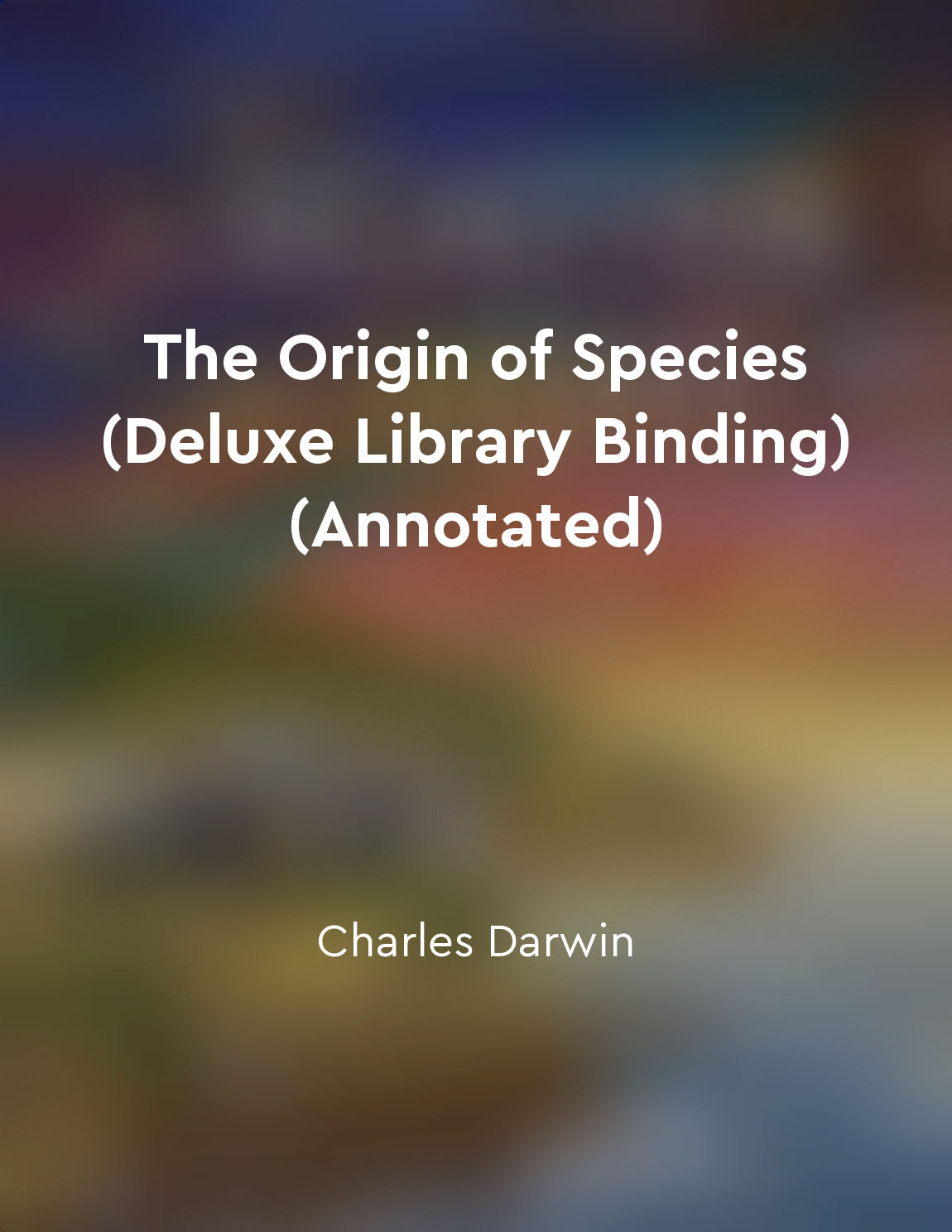Science and religion are incompatible ways of understanding the world from "summary" of The God Delusion - by Richard Dawkins by Instaread
The idea that science and religion are incompatible ways of understanding the world is a central theme in 'The God Delusion' by Richard Dawkins. According to Dawkins, science is based on empirical evidence and reason, while religion relies on faith and supernatural beliefs. These two approaches to knowledge are fundamentally at odds with each other, as they operate under different principles and methodologies. Science seeks to explain the natural world through observation, experimentation, and logical reasoning. It relies on evidence that can be tested, verified, and reproduced by others. In contrast, religion often relies on ancient texts, divine revelation, and personal experiences as sources of truth. These are not subject to the same standards of empirical scrutiny as scientific theories. Dawkins argues that the scientific method has proven to be the most reliable and consistent way of understanding the world around us. It has led to countless discoveries and advancements in technology, medicine, and our understanding of the universe. Religion, on the other hand, has a history of promoting superstition, dogma, and intolerance that can hinder progress and critical thinking. While science is constantly evolving and updating its knowledge based on new evidence, religion tends to resist change and cling to outdated beliefs. This can lead to conflicts between scientific discoveries and religious teachings, such as the theory of evolution and creationism. Dawkins contends that these conflicts highlight the fundamental incompatibility between science and religion as ways of understanding the world.- The concept of science and religion as incompatible ways of understanding the world is a central theme in 'The God Delusion'. Dawkins argues that science relies on evidence, reason, and the scientific method to explain the natural world, while religion often relies on faith, revelation, and supernatural beliefs. These two approaches to knowledge are fundamentally at odds with each other, leading to conflicts and tensions in our understanding of reality.
Similar Posts
Religious indoctrination is a form of child abuse
In his book, Richard Dawkins argues that religious indoctrination is a form of child abuse. He believes that children should no...
Evolution is not teleological or predetermined
Evolution is often misunderstood as a purposeful process leading towards a predetermined goal. This misconception stems from a ...

Environmental pressures shape evolution
In the natural world, the struggle for existence is a constant and unforgiving force that drives the process of evolution. Orga...
Science offers a way to understand the world
Science, with its rigorous methodology and reliance on evidence, provides a powerful framework for understanding the world arou...
Accepting uncertainty as part of the human condition brought me peace
In my journey of exploring faith and science, I've come to realize that uncertainty is an inherent part of being human. At firs...


